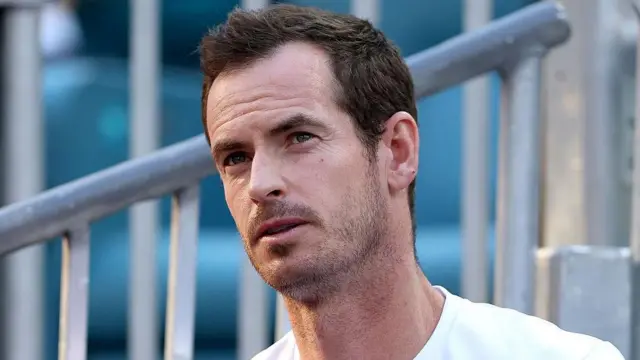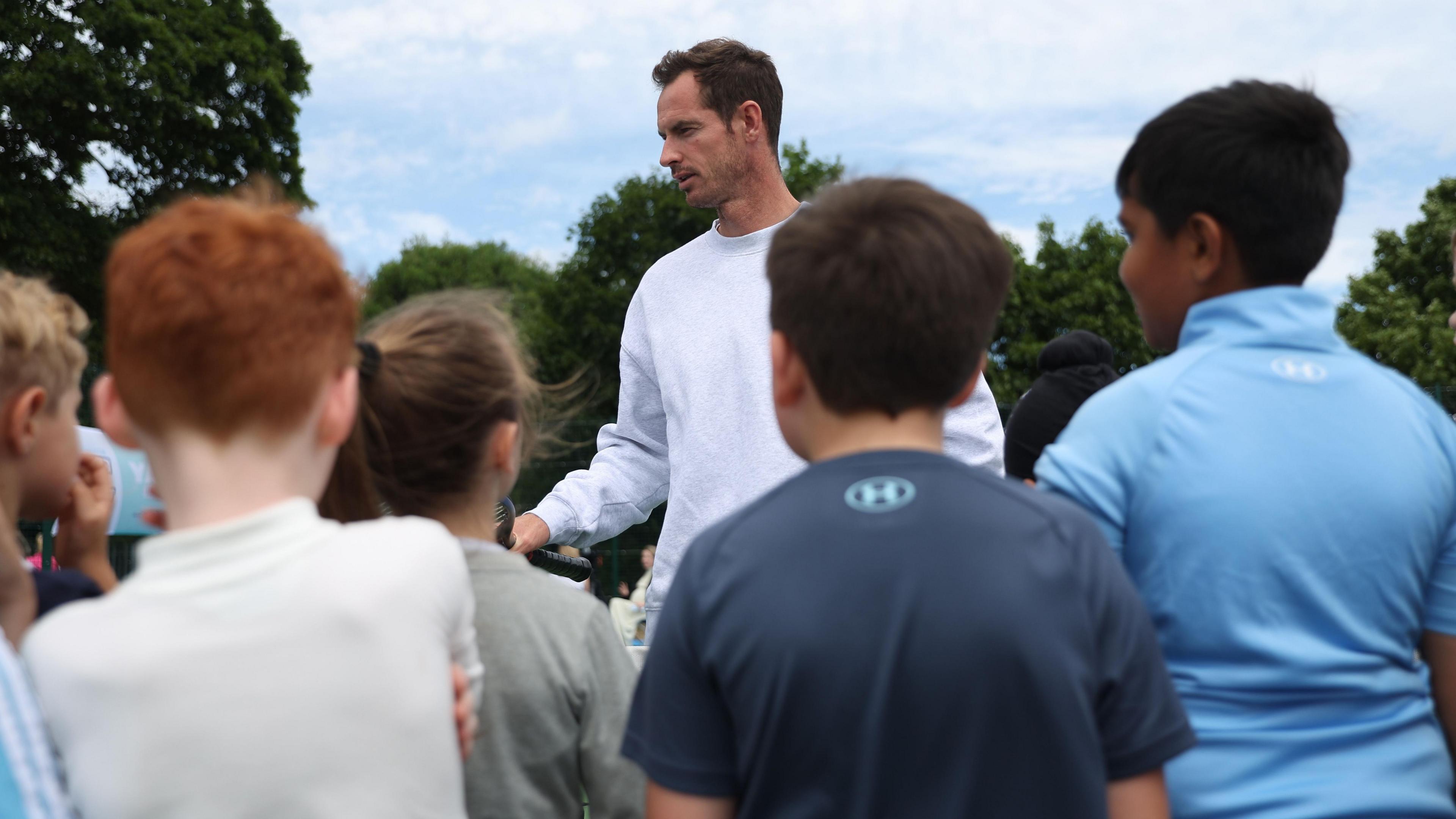Sir Andy Murray, one of Britain’s greatest tennis champions, is using his platform off the court to advocate for the protection of children and athletes from the damaging effects of social media. As he adjusts to retirement and fatherhood, Murray is calling for systemic change in how society, government, and tech companies handle online abuse—especially in sport.
Speaking out, after the silence
Sir Andy Murray has never been one to shy away from tough conversations. At 38, now retired from professional tennis since August 2024, he is turning his focus toward a different kind of challenge: shielding his children—and athletes like himself—from the growing toxicity of online abuse. In an interview with BBC Sport, Murray shared candid thoughts about the emotional toll social media took on him throughout his career and the continued lack of meaningful progress.
“When I was younger and first playing professionally, I found the hostility online really difficult,” he admitted. “By the end, I just didn’t look anymore. But that’s not a solution.” He praised fellow British player Katie Boulter for publicly addressing the abuse she has faced and expressed hope that these conversations might finally trigger real action. “Athletes have been speaking out for years, but it hasn’t really changed,” he said. “Hopefully something can get done soon.”

For Murray, the issue is now personal on a new level. As a father of four, with children aged between four and nine, he and his wife Kim are taking deliberate steps to keep their family away from social media for as long as possible. “We’re trying to keep them off until they’re much older. I think it can be pretty damaging,” he said. His concerns echo those of many parents navigating a digital world where children can be exposed to harmful content long before they’re emotionally equipped to handle it.
A growing crisis in sport
The problem is far from isolated. According to data from Signify, the International Tennis Federation (ITF), and the Women’s Tennis Association (WTA), approximately 8,000 abusive, violent, or threatening messages were sent to 458 tennis players via social media platforms in 2024 alone. In response to Boulter’s comments, several fellow players called for concrete measures—including identity verification—to hold online abusers accountable.
The issue spans beyond tennis. Members of England’s women’s football team have announced plans to stay off social media altogether during their title defense at the upcoming European Championship in Switzerland. It’s a stark indicator of how normalised abuse has become, and how even elite athletes are resorting to withdrawal, rather than engagement.

Murray is uncertain where the responsibility lies: with the government, with the tech companies, or somewhere in between. “I don’t know whose responsibility it is. Elon Musk and people like that—maybe they can do more to stop these messages getting through. But then there’s the whole free speech debate. It’s a difficult one,” he said. While he acknowledges that athletes can take steps—such as avoiding their phones immediately after matches—he’s clear that the burden shouldn’t fall solely on them.
A role beyond the court
Murray’s advocacy isn’t limited to social media. He spoke out this week during a visit to Surrey for the completion of the LTA’s Park Tennis Project—an initiative aimed at making tennis more accessible to children across the UK. Backed by £45 million in funding from the government and the LTA Tennis Foundation, the project has rejuvenated over 3,000 tennis courts in more than 1,000 parks, with a special focus on areas of high social deprivation.
“It’s a huge step,” Murray said. “Where I grew up in Dunblane, a lot of courts were run down—nets broken, weeds growing through the surface. It’s a shame, because those are places where talent can be discovered. So, it’s great that the LTA has invested and that now more kids have the chance to play in proper facilities.” Looking forward, he hopes a second wave of development will focus on covered courts. “That’s the next step, especially in winter. We need to keep kids playing year-round,” he added.
Wimbledon, Draper, and legacy

As the 2025 Wimbledon tournament begins, Murray finds himself watching from the sidelines—at least for now. Having briefly coached Novak Djokovic earlier this year, a role that ended in May, he says he’s not missing the game just yet. “I’ve got no plans to go [to Wimbledon],” he said. “Maybe if there was a British player in the final or something I might go along to watch, but I’m not planning on going.”
He has, however, expressed confidence in Jack Draper, Britain’s new number one and the tournament’s fourth seed. “He’s had amazing wins and has really risen in the rankings. It’ll be a different experience coming in as a top seed, but I think he’ll handle it. He’s played under pressure before,” Murray said.
Murray’s own legacy at Wimbledon is now set to be cast in bronze. The All England Club confirmed plans for a statue in his honor, to be unveiled by 2027—an enduring symbol of his achievements and cultural impact.
A call for protection and accountability
Murray’s perspective as a former athlete and current parent brings valuable weight to a conversation society can no longer afford to ignore. As the UK’s Online Safety Act is rolled out, social media companies are under growing pressure to prevent the spread of harmful content, particularly among young users. Child safety measures are due to be expanded next month, but Murray’s comments underscore the urgency for enforcement—and perhaps, additional reforms.
Prime Minister Sir Keir Starmer recently told the BBC that the government is considering further protections, acknowledging the real-life impact of digital abuse. But for now, families like the Murrays are left to make individual decisions in a digital world still full of risk. “I just don’t think we’re protecting people enough—whether it’s kids, athletes, or anyone,” Murray said. “It’s damaging. And we need to do better.”
As the tennis world turns its attention to the grass courts of Wimbledon, Andy Murray may not be centre stage—but his message is loud, clear, and timely. Protecting the next generation, on and off the court, might just be his most important match yet.




